In the modern era of defense and strategic deterrence, missile launchers represent the pinnacle of military technology. These powerful weapons not only signify a nation's military strength but also play a crucial role in global security dynamics. This article explores the seven most formidable missile launchers from around the world, highlighting their capabilities and strategic importance.
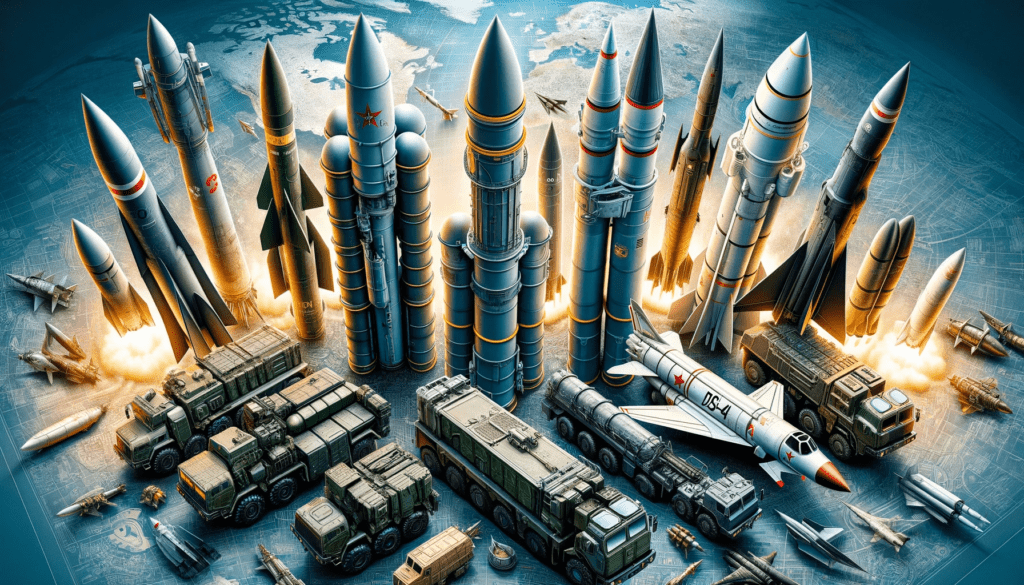
The Evolution of Missile Technology
Missile technology has evolved dramatically from simple ballistic rockets to sophisticated, precision-guided systems. This evolution has been driven by the need for enhanced accuracy, longer ranges, and greater payload capacities. The development of missile technology reflects a blend of scientific innovation, strategic necessity, and geopolitical rivalry.
1- Russia's S-400 Triumph
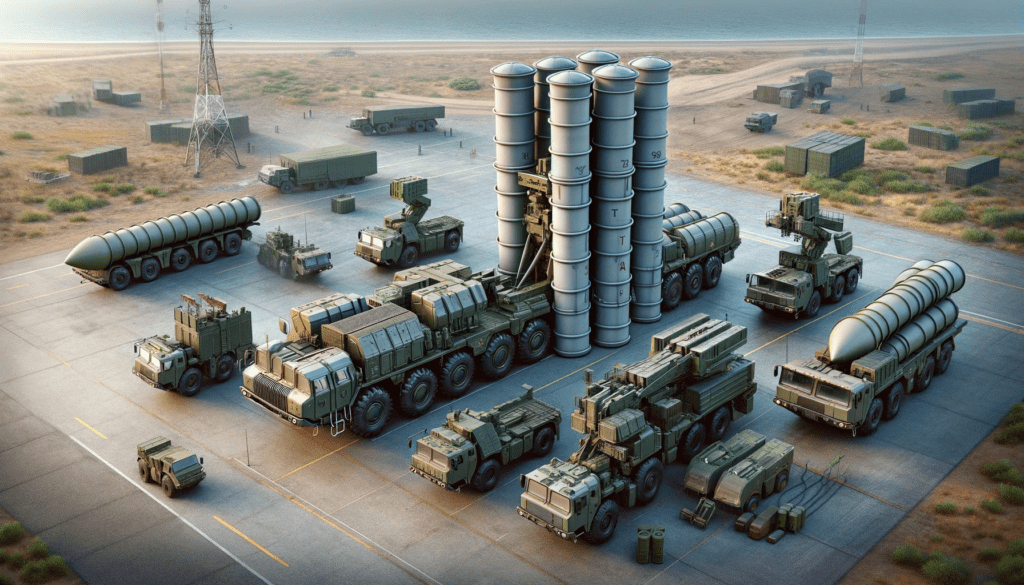
The S-400 Triumph is a state-of-the-art air defense system developed by Russia. With a range of up to 400 kilometers, it is capable of destroying incoming aircraft, drones, cruise missiles, and ballistic missiles. Its versatility and effectiveness have made it a coveted system worldwide, with several countries expressing interest in acquiring it. The S-400's deployment underscores Russia's prowess in missile defense technology and its strategic influence in global arms markets.
2- The U.S.'s MIM-104 Patriot
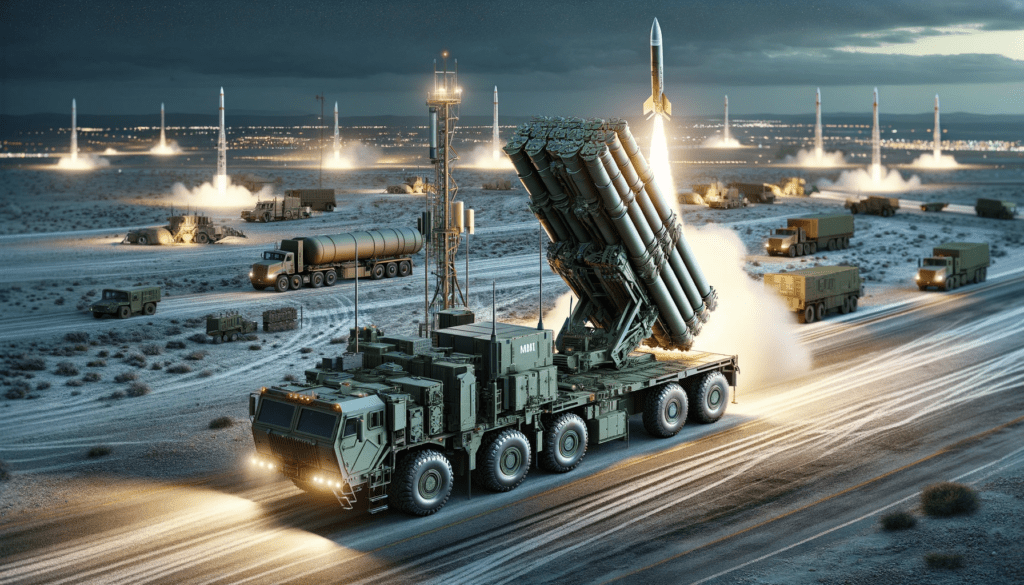
A cornerstone of American and allied missile defense, the MIM-104 Patriot system is renowned for its anti-ballistic missile capabilities. Designed to detect, track, and engage enemy tactical ballistic missiles, aircraft, and drones, the Patriot system has been effectively used in numerous conflicts. Its continual upgrades reflect the United States' commitment to maintaining cutting-edge defense technology and its role in the NATO missile defense system.
3- China's DF-41
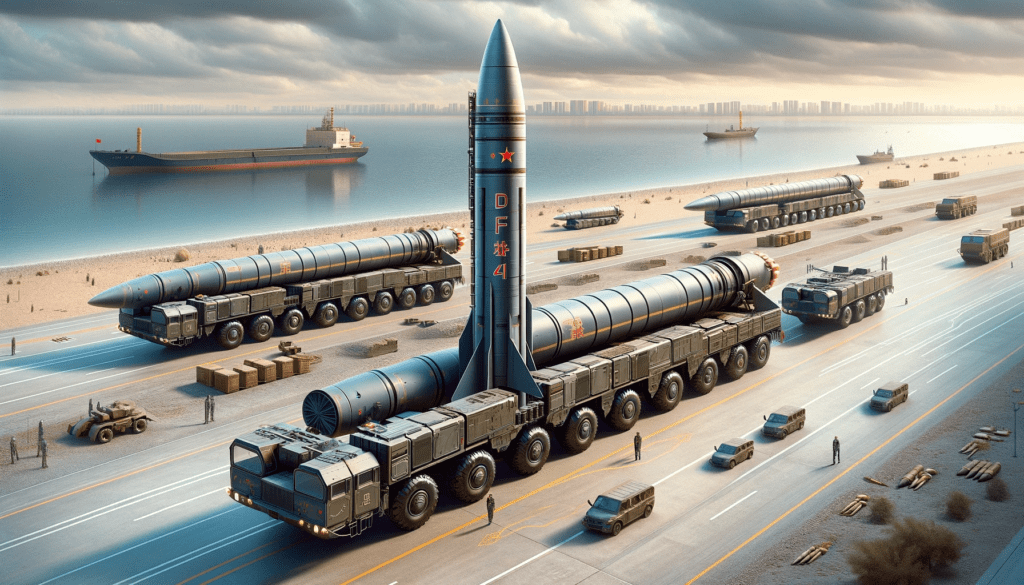
The Dongfeng-41 (DF-41) is China's advanced intercontinental ballistic missile (ICBM), capable of reaching targets over 12,000 kilometers away. It can carry multiple nuclear warheads and is known for its road-mobile capabilities, making it difficult to detect and target. The DF-41 represents a significant leap in China's strategic missile capabilities, enhancing its status as a major nuclear power and altering global strategic balance.
4- India's Agni-V
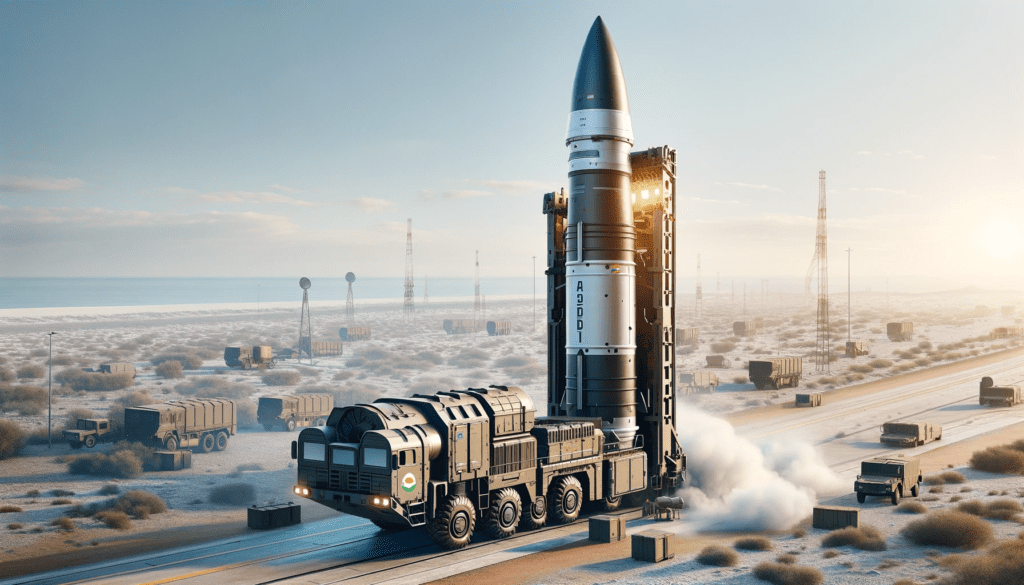
The Agni-V is a long-range ballistic missile developed by India, with a range of over 5,000 kilometers. Capable of delivering a nuclear payload, it plays a vital role in India's deterrence strategy, particularly in the context of regional security dynamics. The development of Agni-V marks India's entry into the club of nations with intercontinental ballistic missile capabilities.
5- Russia's RS-28 Sarmat
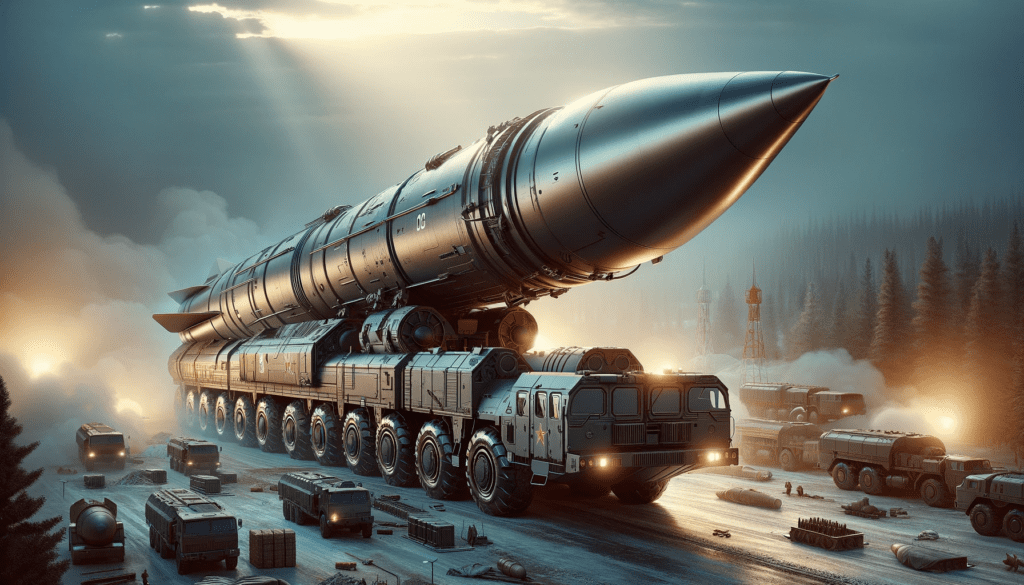
The RS-28 Sarmat is Russia's newest addition to its strategic missile forces. This heavy ICBM is capable of carrying a large payload and is designed to overcome missile defense systems. Its global reach and versatility in payload delivery make it one of the most feared missiles in the world. The RS-28 Sarmat underscores Russia's ongoing focus on enhancing its strategic nuclear forces.
6- The U.S.'s LGM-30 Minuteman III
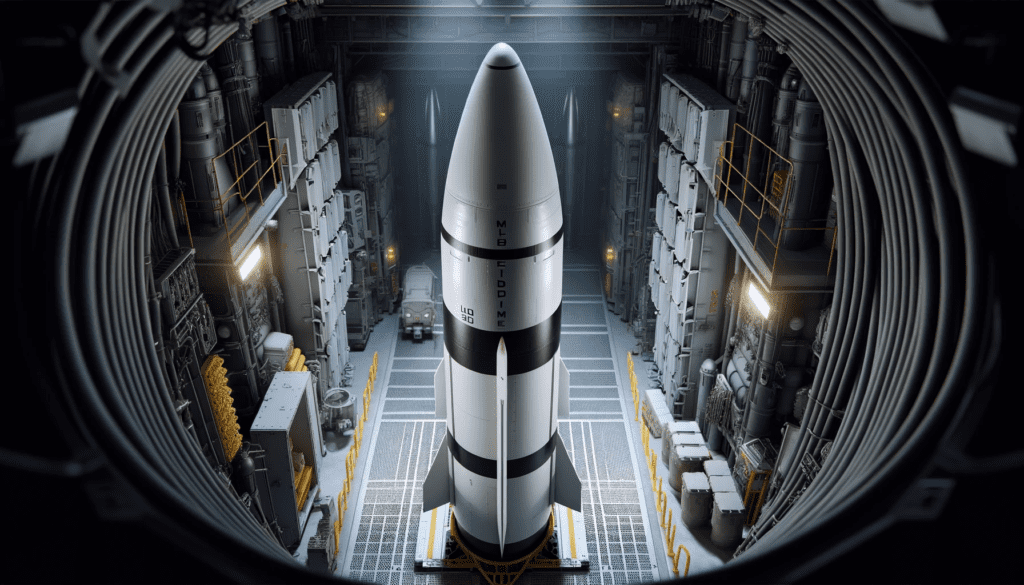
The LGM-30 Minuteman III is a key component of the United States' nuclear triad. This ICBM has a range of over 13,000 kilometers and can carry multiple nuclear warheads. Its silo-based deployment across the United States ensures a rapid-response capability, integral to the country's strategic deterrence policy.
7- France's M51
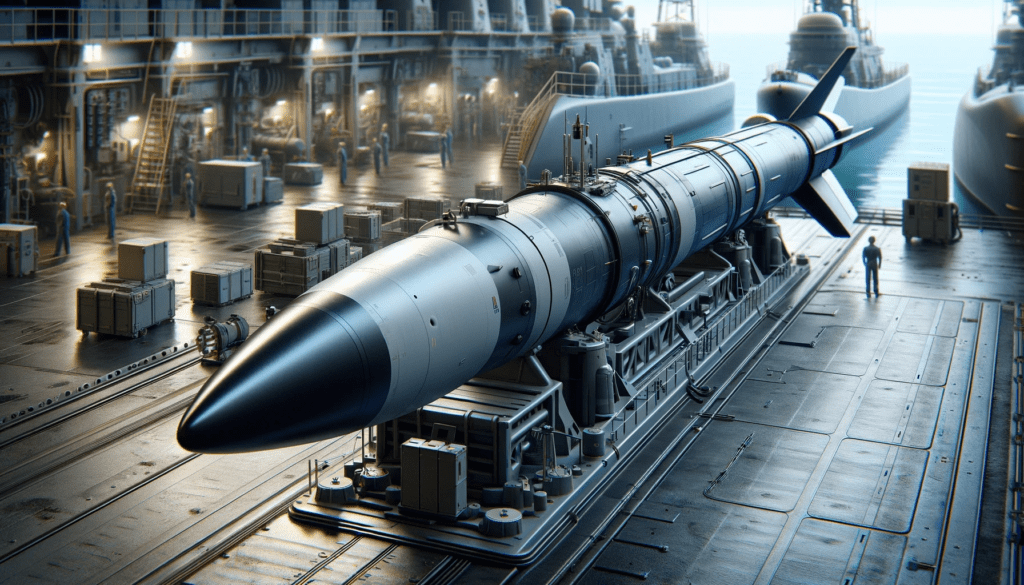
The M51 is a French submarine-launched ballistic missile, known for its long-range and precision. Deployed on France's nuclear submarines, it forms a critical part of the country's nuclear deterrence strategy. The M51's ability to carry multiple nuclear warheads and its stealth features make it a formidable component of France's strategic forces.
Conclusion

